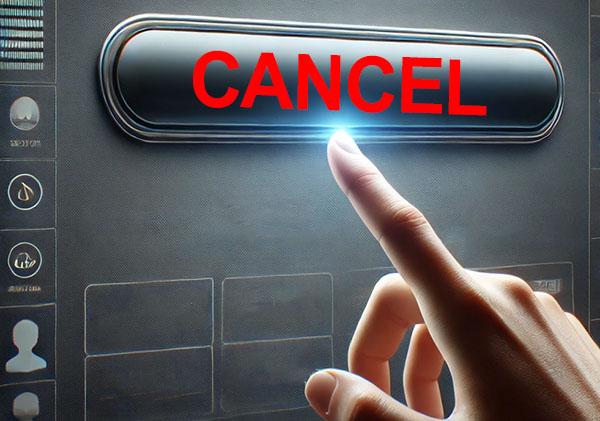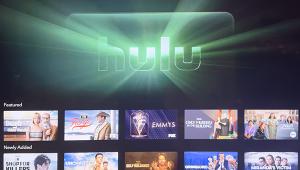Breaking Free: New FTC Rule Fights the Hidden Costs of Subscription Traps

Complaints to the FTC about recurring subscriptions continue to increase. In 2021, the Commission received an average of 42 calls per day, and now it receives 70 calls per day. At the very least, these companies' practices are annoying and time-consuming, but they can also cost you money as you are charged monthly for a service you are not using. You may have clicked a button to subscribe or had to subscribe to learn more about the service. However, frequently, it's a "negative option feature."
The negative option feature will charge you if you do nothing after the initial click. This is common with "free trial" offers. While you can cancel before the trial is over, how often do we forget or not get to it in time? Or worse, the service requires that you call customer service, send an email, or even a certified letter to cancel. By doing nothing, the company has you signed up for a perpetual subscription charge.
FTC Commission Chair Lina M. Khan commented, "Too often, businesses make people jump through endless hoops just to cancel a subscription... The FTC's rule will end these tricks and traps, saving Americans time and money. Nobody should be stuck paying for a service they no longer want."
The click-to-cancel rule will require companies to make it as easy for consumers to cancel as it was to sign up. According to the FTC's fact sheet, the Commission is trying to solve the problem of sellers who don’t tell the truth or leave out necessary information and of people who get billed when they didn’t explicitly agree to pay. Users need to know what they are agreeing to before they sign up. It also addresses the issue of sellers who make it hard or impossible to cancel. This means if you sign up online, the service needs to provide you with an easy-to-find "click-to-cancel" button.
A company cannot misrepresent any facts and must provide important information about the service before asking for your billing information. They will have to obtain informed consent for the negative option features before they can bill you.
Violators can be liable for redress and civil penalties.
Providers of these services aren't happy about the ruling—especially entertainment services like cable. Cable companies don’t want subscribers to be able to cancel so easily. They prefer the opportunity to talk to a customer and convince them to keep the subscription, which often results in a long, uncomfortable call.
It took cable and entertainment companies less than a month to try to stop the rule; they reason that it infringes on their First Amendment rights. The NCTA and the Interactive Advertising Bureau (IAB) filed suit against the FTC in the U.S. Court of Appeals for the Fifth Circuit in New Orleans, claiming the click-to-cancel rule oversteps the Commission's authority.
The NCTA and the IAB represent companies ranging from cable providers to entertainment studios like Disney, AMC, Paramount, and Warner Bros. Discovery. IAB board members include Google, Netflix, Amazon, Meta, Vizio, and the NFL.
If the lawsuits fail to block the FTC ruling, it will go into effect 180 days after publication.
Note that the ruling does not require companies to inform you when your subscription will renew next, nor do they have to disclose any changes they are making to your plan. If you don't cancel, you must still be vigilant about the charges.





























































